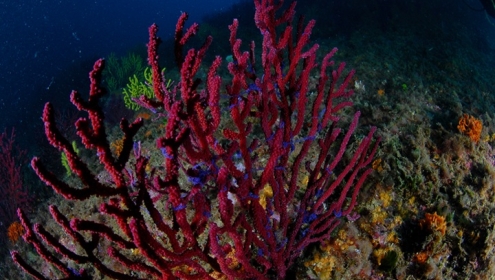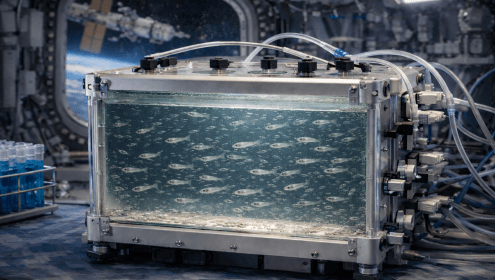LATEST TOPICS
Scientific news
A study led by the UB and the ICM-CSIC reveals that increases in water temperature accelerate reproduction in this key species, putting its survival at risk.
The initiative, led by ICM-CSIC, has enabled the testing of innovative approaches to mitigate impacts on high ecological value marine habitats through the reintroduction of more than 3,500 organisms — including gorgonians, Posidonia, and kelps — combining applied science, collaboration with the fishing sector, and social inclusion.
The scientific team, led by the ICM-CSIC, aims to further study the dispersion, evolution and adaptation of marine microorganisms in what is one of the environments most sensitive to global warming.
The initiative, led by the ICM-CSIC, will focus on studying the Clarion-Clipperton Zone, a vast region of the abyssal Pacific located between Mexico and Hawaii of great scientific interest due to the potential future exploitation of polymetallic nodules.
The project, led by the Institute of Marine Sciences (ICM-CSIC), involves the collaboration of the Institute of Space Studies of Catalonia (IEEC), the company Radian, and the French research institute Ifremer.
The REMO project, coordinated by REPSOL, has delivered key advances to ensure the safety of future geological storage of hydrogen and CO₂.




